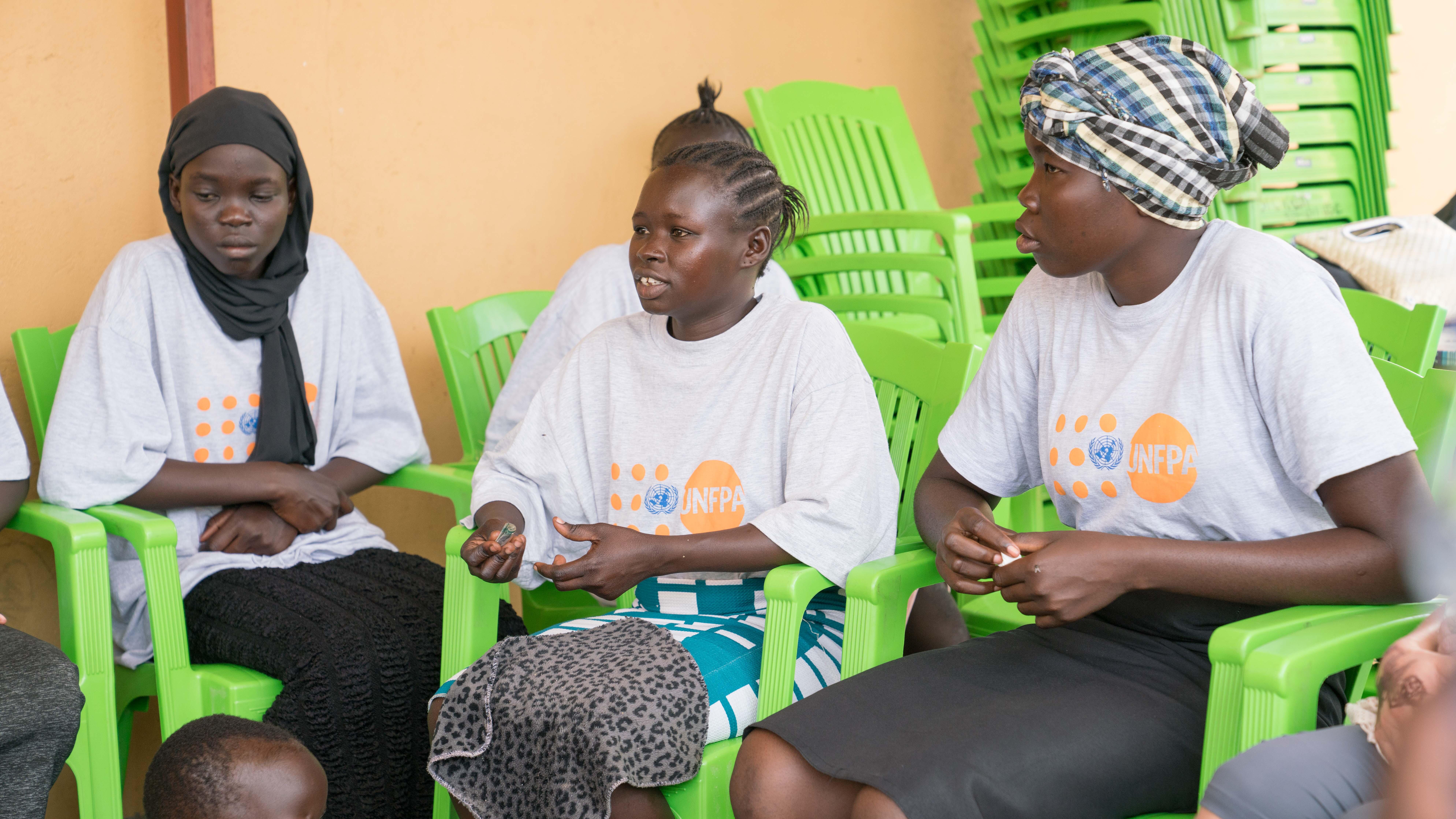The Ministry of Gender, Child and Social Welfare (MOGCSW) and UNFPA, the United Nations Population Fund, today issued a joint statement calling on all sectors to act together to bring an end to child marriage and hold accountable all who participate in perpetuating the harmful practice.
“As we observe the 16 Days of Activism against Gender-Based Violence, it is a timely reminder that child marriage is a gross violation of human rights that has life-long consequences for a young girl,” the statement said.
The two agencies said consequences of early marriage include girls dropping out of school and becoming pregnant while still adolescents, which increase their risk of complications during pregnancy and/or childbirth that could lead to death. The girls may also be exposed to sexually transmitted infections, including HIV, especially in polygamous marriages. Most importantly, child marriage denies girls the right to choose whom and when to marry – one of the most important decisions in life.
“Treating young girls as commodities that will bring fortunes to families must stop and all parties who perpetuate this practice must be held accountable for their actions – the parents who marry off their minor children, the men who marry the children, and even authorities and law enforcers who knowingly allow this practice to take place and choose not to take action,” the statement said.
Despite a number of national and international agreements that call for the elimination of child marriage, the practice remains prevalent in South Sudan with 4 out of 10 girls married off before the age of 18. The international agreements include the Convention on the Elimination of All Forms of Discrimination against Women (CEDAW), the Convention on the Rights of the Child (CRC), and the International Conference on Population and Development (ICPD). The Sustainable Development Goals (SDGs) also addresses the issue of child marriage under Goal 5, that aims to “Achieve gender equality and empower all women and girls” in all circumstances.
Last June, the MOGCSW, together with the Ministry of Health and UNFPA launched the Strategic National Action Plan to End Child Marriage in South Sudan, where officials from the Executive branch of the Government and relevant line ministries including state governors, traditional and religious leaders, civil society organizations pledged to support the action plan.
The action plan includes legal reform and enforcement; ensuring access to quality education, and sexual and reproductive health information and services; and promoting girls’ empowerment. His Excellency, President Salva Kiir Mayardit, has also appointed influential national champions to lead in the advocacy campaign to stop child marriage from the grassroots to the national level.
Development partners in South Sudan have also been called on to pool resources in whatever form to support the full implementation of the costed national action plan.
“Respect for the dignity of women and girls is paramount to achieving genuine peace and realizing national development for South Sudan. This can be achieved, starting with ending this harmful practice of child marriage,” the statement said.


